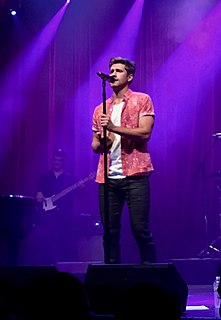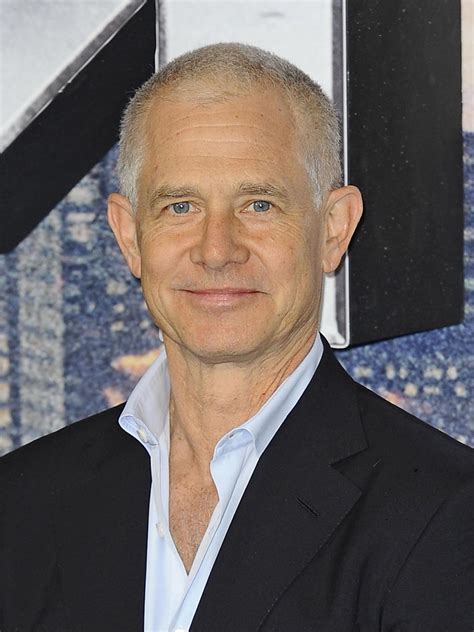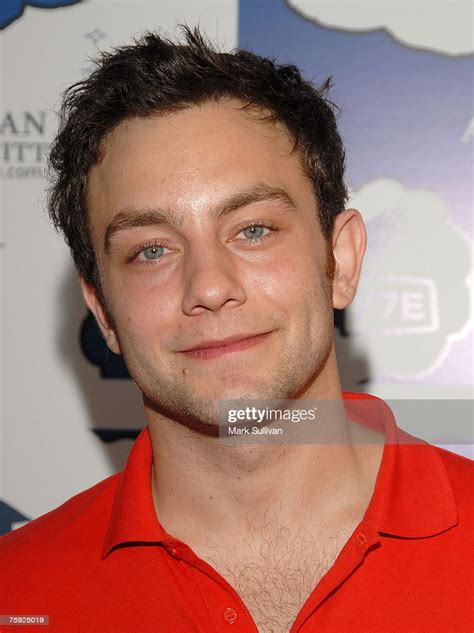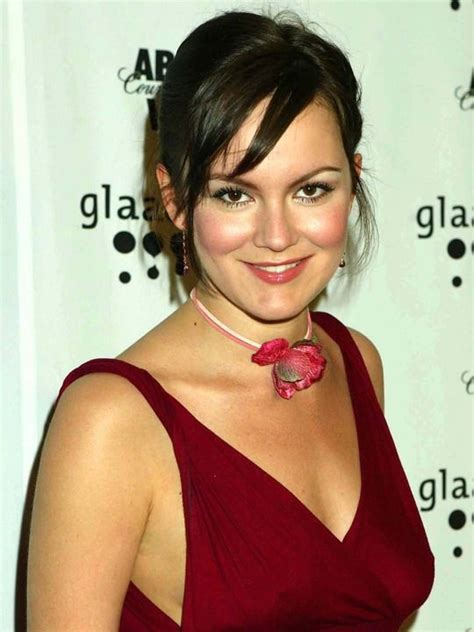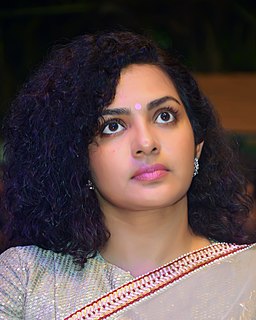A Quote by Virginia Madsen
You know, we're not on stage, we're not doing a play, so we don't have a relationship with the audience but going through that process and also just hearing how much people love the film, you feel like you do have a relationship with the audience.
Related Quotes
I can feel how an audience is reacting when I'm on a stage, but when you are on stage, your perception is distorted. That's something you just have to know. It's like pilots that fly at high Gs and they lose, sometimes, consciousness and hand/eye coordination and they just have to know that that's going to happen. They have to be trained to not try to do too much while they are doing that. So when you are on stage, you have to be aware that you are wrong about how it feels a lot of times.
It's very important that a film that intends to play tricks on the audience... has to play fair with the audience. For me, any time you're going to have a reveal in the film, it's essential that it have been shown to the audience as much as possible. What that means is that some people are going to figure it out very early on. Other people not til the end. Everybody watches the film differently.
That's the thing about stage: It's something you can't find anywhere else. It's a two-and-a-half, three-hour experience, and it's a real relationship. You're sending out energy from the stage, but the audience is giving you back so much also, so that's also lifting you and pushing you forward as you're performing and giving you so much energy. You can't find it anywhere else, and that's why people get addicted to being on stage, and when they're not on stage are kind of looking for that and constantly searching for it.
I think you do have to attend to the sort of core values of film, which is that the audience wants to have a relationship with the characters, they want to understand what's going on there. There are certain things that comics can have a little bit more freedom in then when you're asking an audience to engage in it as a piece of cinema, but I do feel like the canvas is much bigger and wider and that we're being invited and frankly challenged to take risks, to be a little bit different. And that's fun, that's exciting.
The one thing that I love about the live audience is the energy level. Like, from the minute of cast introductions, it's just constant energy being traded back and forth. When you do something funny, the audience laughs; when you're being serious, you can, like, feel the tension going through the audience.
You're in a movie, so you have to think about how something plays. It's not like you're thinking about how an audience is going to react. You're trying to present the story. You're trying to illuminate the lives of these people in the story. So I'm thinking about how my behavior as this character best illuminates what's going on with them in this moment in time. I always say it's sort of the director's job. People think that the directors direct actors. No. Really, what the director's doing is directing the audience's eye through the film.




